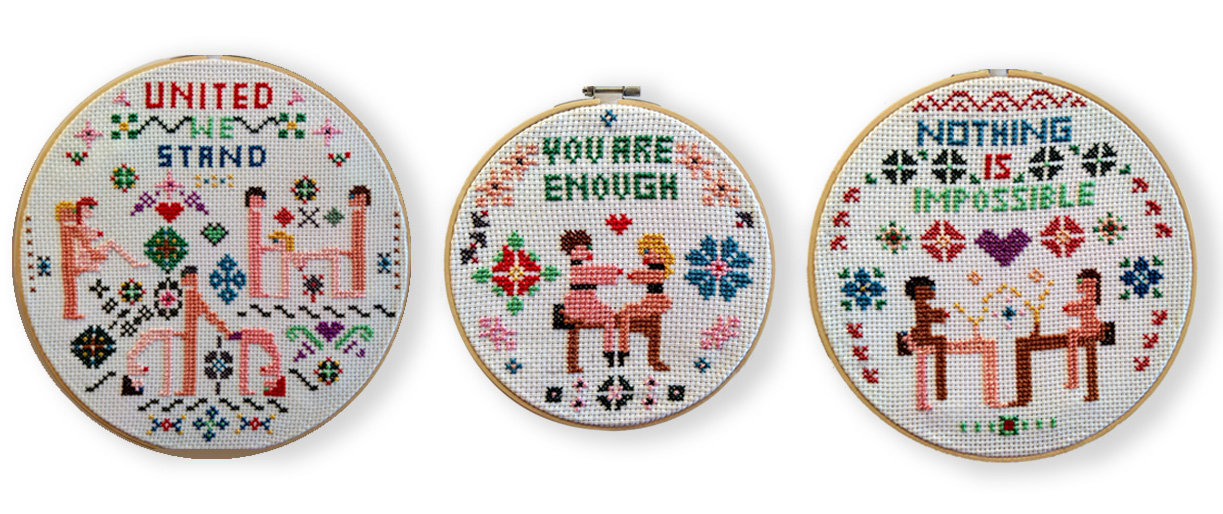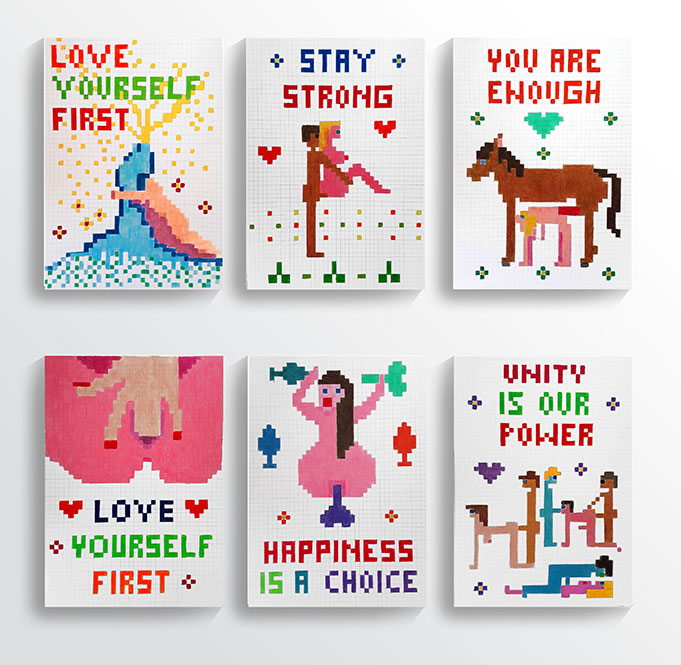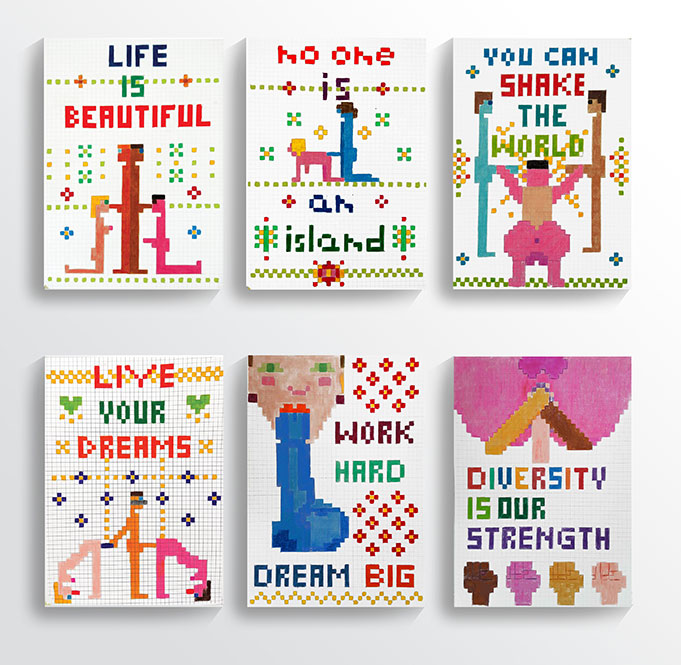According to popular self-help literature, the road to happiness and success is largely a matter of independence, autonomy and 'being yourself'. The subject of self-help should not be limited by other people's expectations and social norms, but rather live its life , Through exercises and quotes the subject is prescribed how to determine its identity and how to develop and maintain it in order to achieve its objectives, The subject is invited to look in the mirror where it can see itself as incomplete in terms of lack of passion But cnstant development leads to a general subjectivation, in which the subject is cast as incomplete, and in the quest to overcome this incompleteness must constantly work on itself. striving to secure a certain identity as ‘successful’, ‘autonomous’, ‘happy’ or whatever it may be.
In addition to its self-defeating nature, the notion of the lacking subject constantly working to secure its identity can also be described as a form of post-bureaucratic ‘control’, which ‘disciplines’ individuals into being (more) productive and obedient employees. Pleasure and especially the excess of pleasure is an event of desubjectivation, the loss of the sense of the self. The loss of identity and ultimately an escape of this paradox.

The works depict pornographic scenes along with self-motivational quotes. It combines cliche images and popular quotes from the internet into pixel art form. Pixel art strips the image down to basic, more primitive shapes with a humorous twist.
The work consists of 14 drawings 29,7cmx20cm and 9 embroideries varied diameter. The materials used are colored pencils on drawing paper and embroidery on etamine textile.



